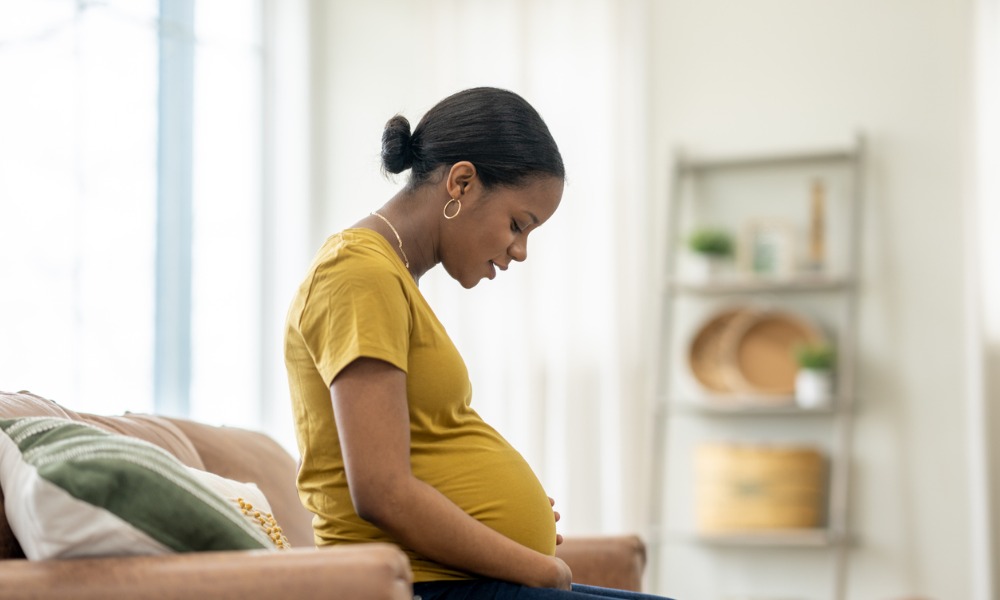
NDP, Canadian Labour Congress, Unifor, CUPE call for change in employment insurance system

Canadian labour groups have come together to demand changes in Canada’s Employment Insurance (EI), claiming that things as they are show signs of systemic discrimination against women.
Currently, the EI system offers two main benefits: regular benefits for job loss and special benefits for significant life events, such as maternity leave.
However, current policies prevent workers from applying their insurable hours towards both benefit types if they’ve taken maternity or parental leave, according to four concerns groups.
The policies also impose a 50-week cap on combined benefits, said the New Democratic Party of Canada (NDP), the Canadian Labour Congress, Unifor and the Canadian Union of Public Employees (CUPE).
And this policy disproportionately affects women, especially in cases of job loss by limiting their access to comprehensive EI support – before, during or just after maternity leave, according to the groups.
“Denying women access to employment insurance during a lay off for no other reason than that they accessed maternity benefits is unfair, plain and simple,” said Daniel Blaikie, member of parliament. “We should be doing more to value the unpaid caregiving work that so many women do, not punishing them for it.”
This is just the reality, according to one worker.
“I was laid off in November 2023, four months after returning from maternity leave,” said Katie Bowes.
“When I began my application for employment insurance, I was shocked to learn that I did not qualify for EI benefits. There were five of us who were laid off, and I was the only one who did not qualify for EI. Nobody should have to be afraid that, if they lose their job, EI won’t be there for them because they took time to be with a new baby.”
Take-home income decreased across Canada due to Canada Pension Plan and federal EI changes.
The problem with EI is easy to fix, according to Angella MacEwen, CUPE senior economist.
“Our analysis shows that with modest investment, we can significantly improve the EI system’s responsiveness to women workers’ needs,” she said. “By allowing the combination of regular and special benefits up to 104 weeks, and recognizing insurable hours for both claims, we can make a substantial difference in the lives of countless families across Canada.”
The groups’ call for EI changes comes after a decision by the Social Security Tribunal of Canada’s Appeal Division which highlighted the discriminatory nature of the 50-week limit and placed the responsibility on parliament to enact reforms, according to the groups.
The Liberal government should extend the combined benefit duration to 104 weeks and allow insurable hours to count towards both benefit types, according to the labour groups.
“Action is long overdue,” said Candace Rennick, CUPE’s national secretary-treasurer. “In today’s world, no one should lose EI benefits just because they took maternity or parental leave. These reforms are crucial to provide fair support to women workers and ensure families across Canada can access the help they need, when they need it.”
In 2022, the federal government extended EI coverage for sick Canadians up to 26 weeks.